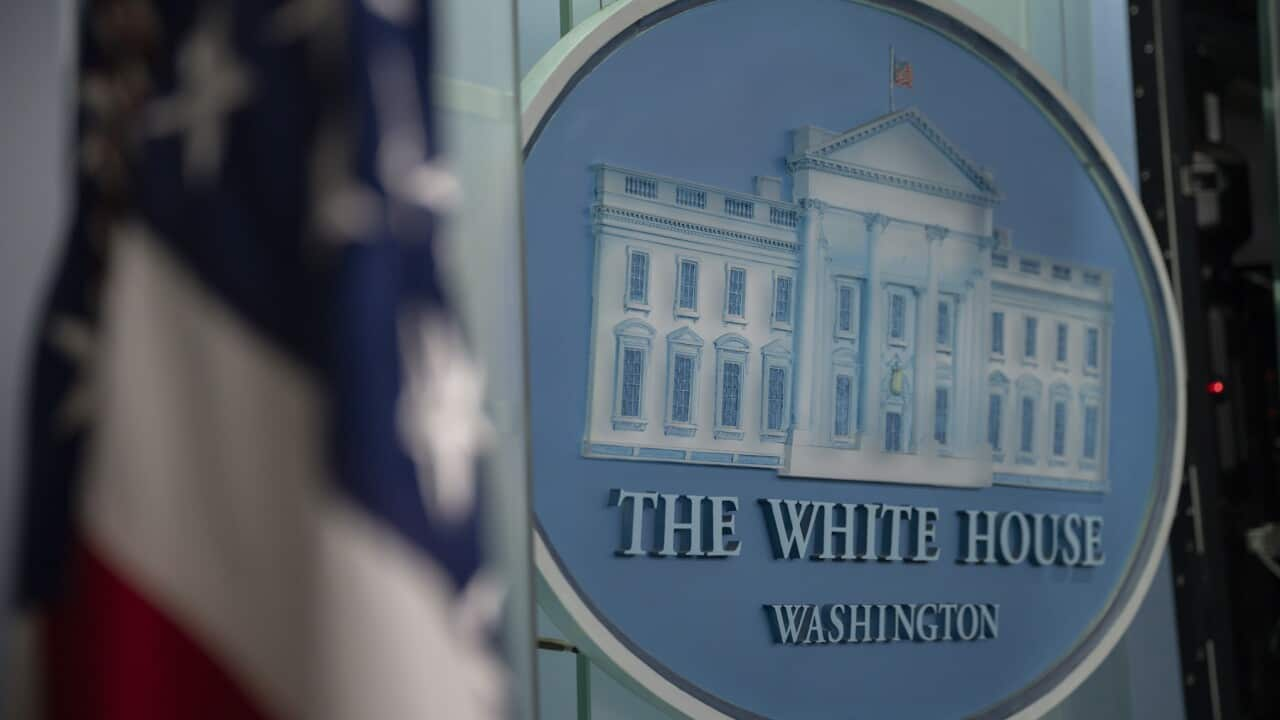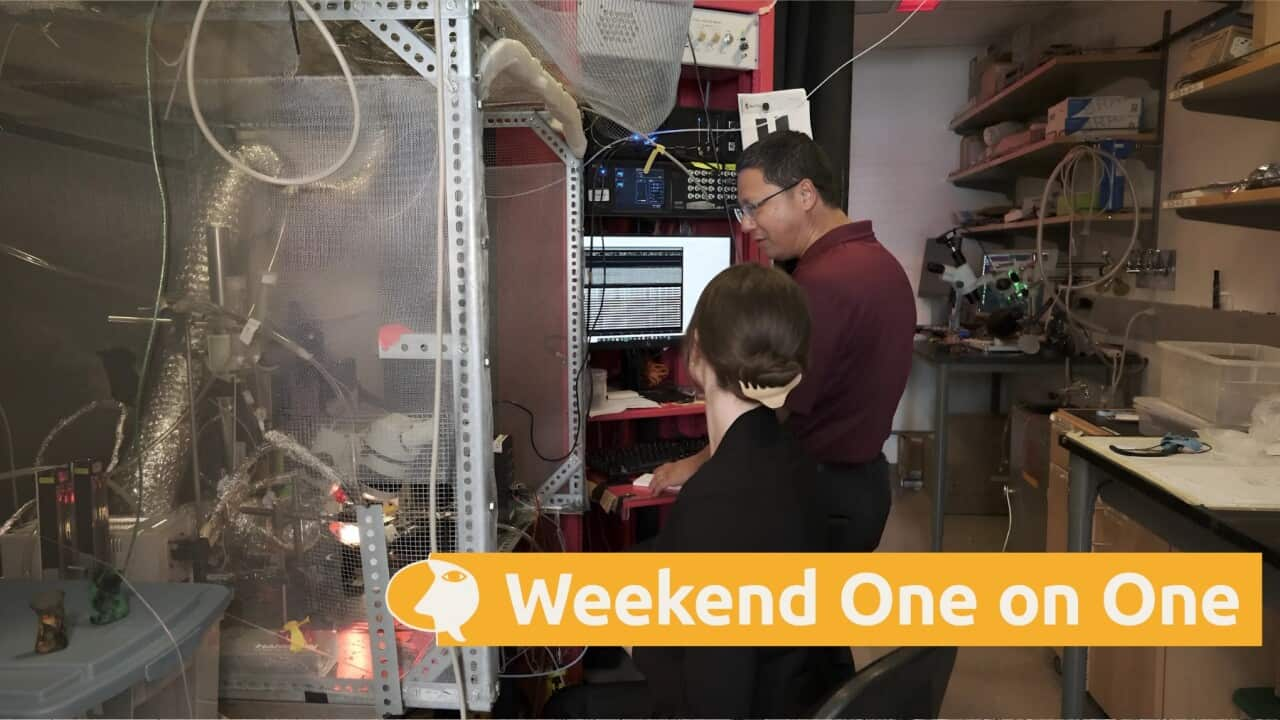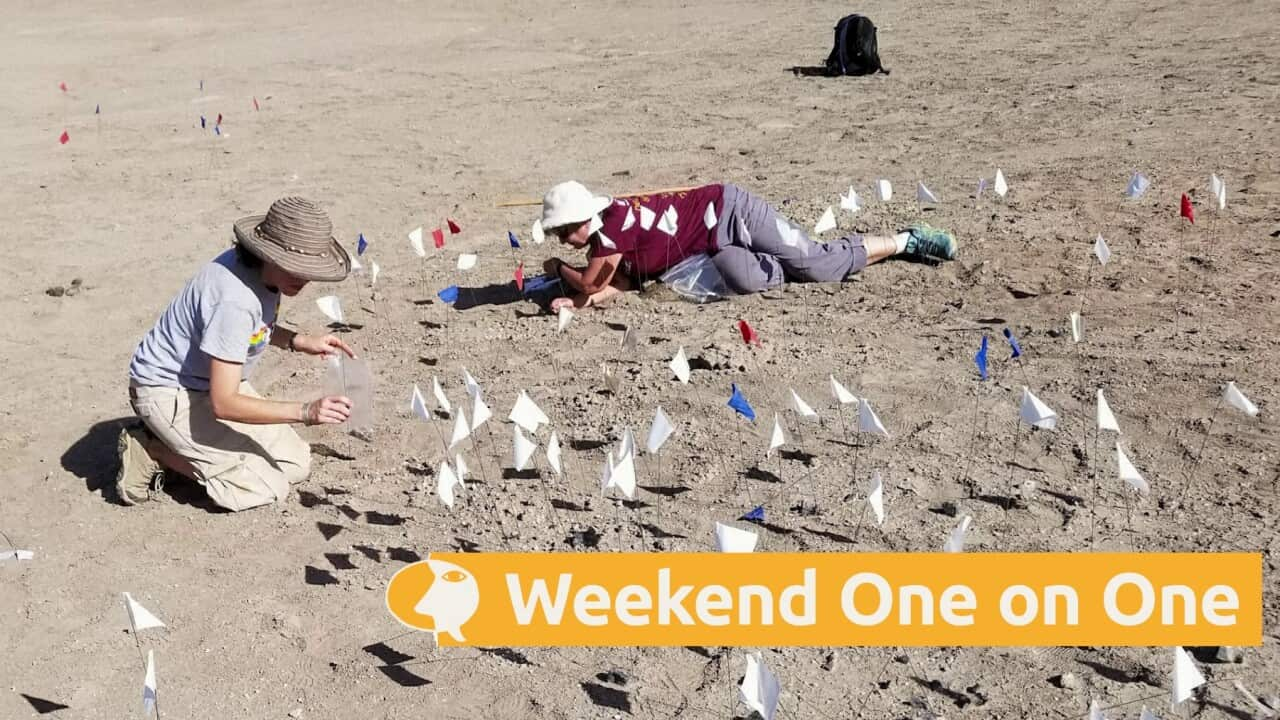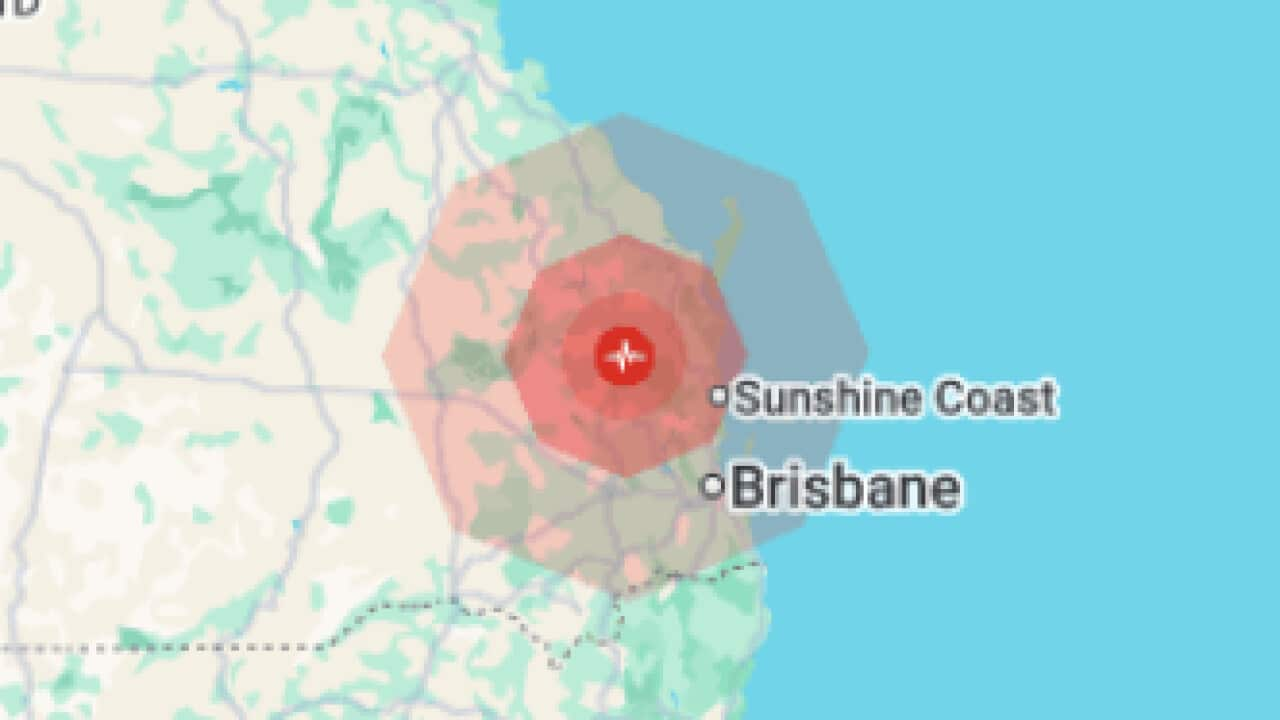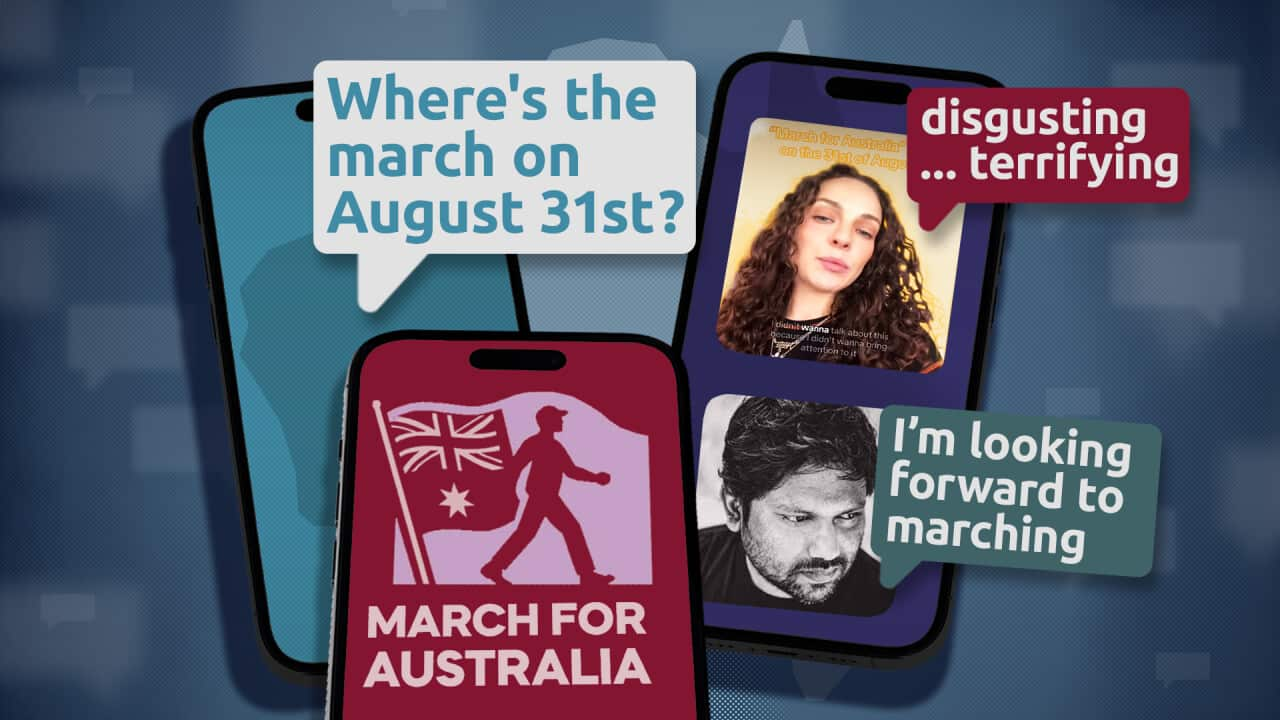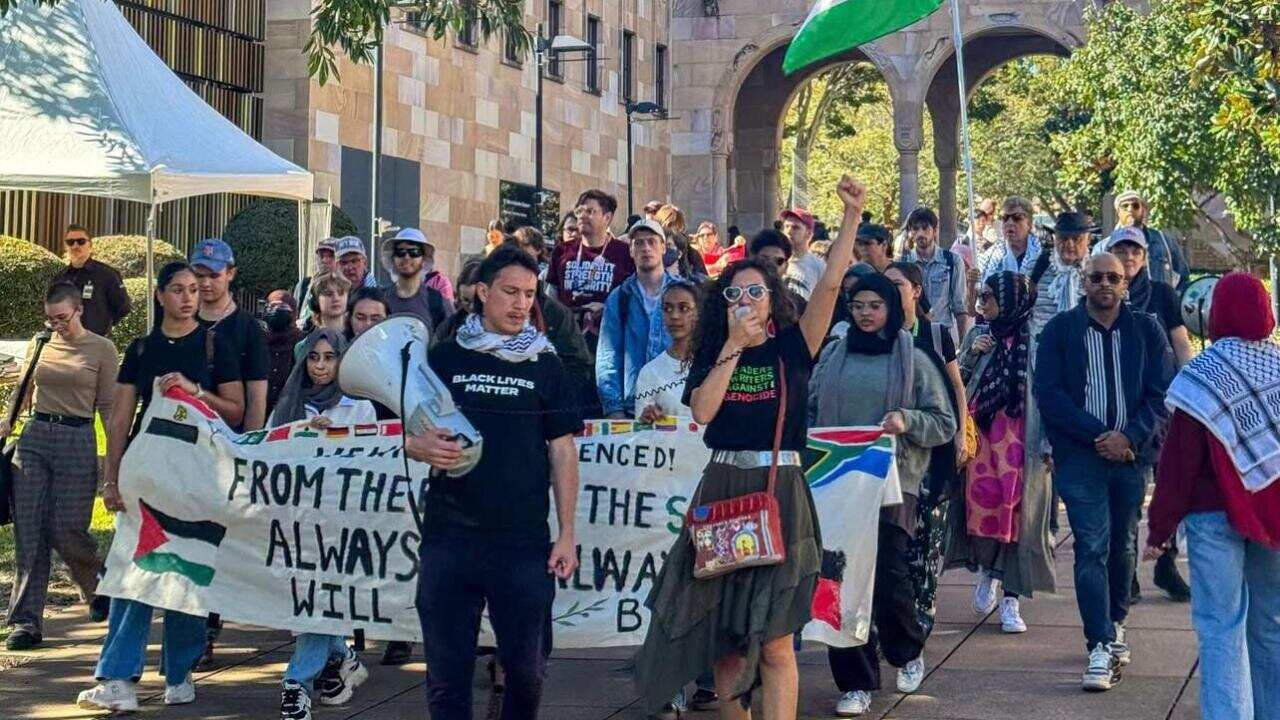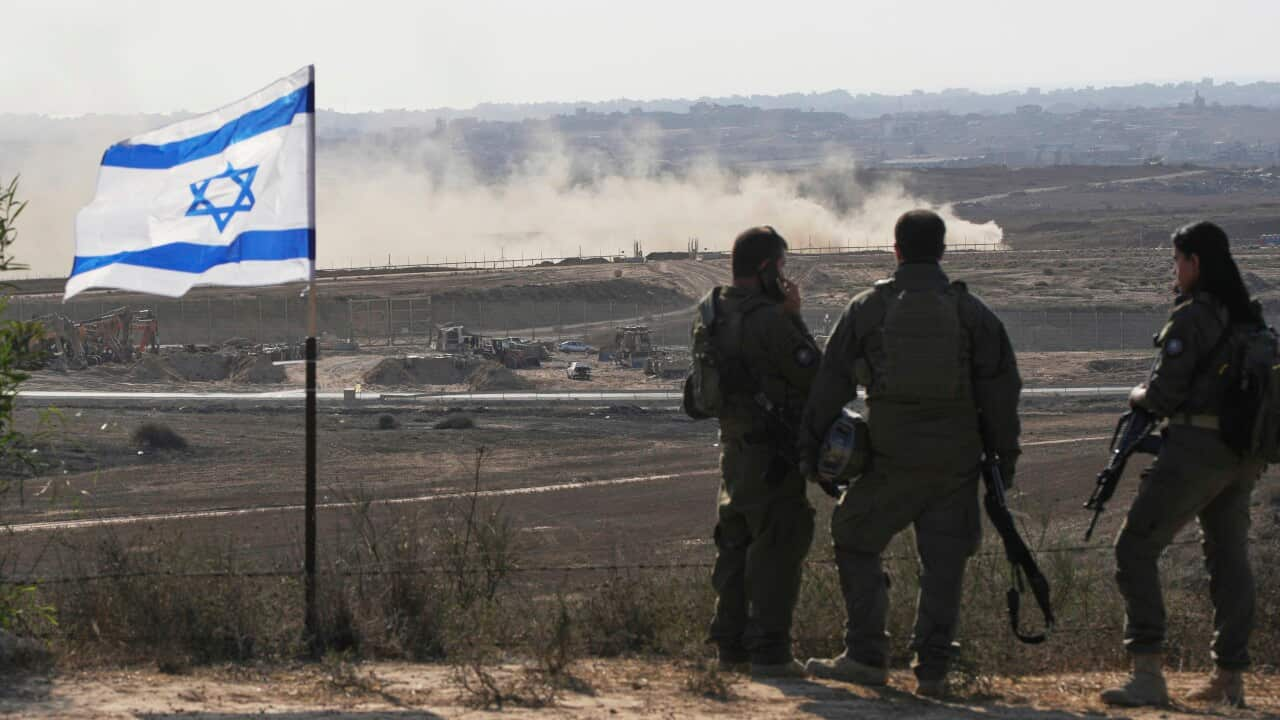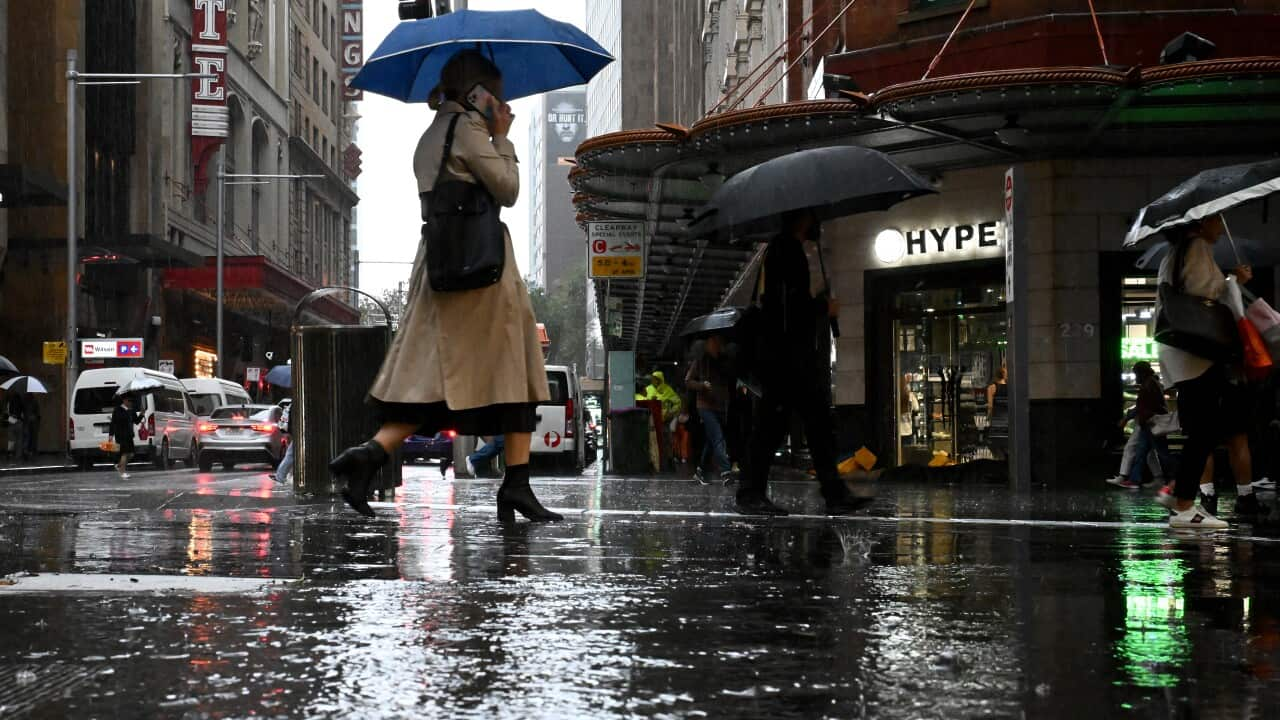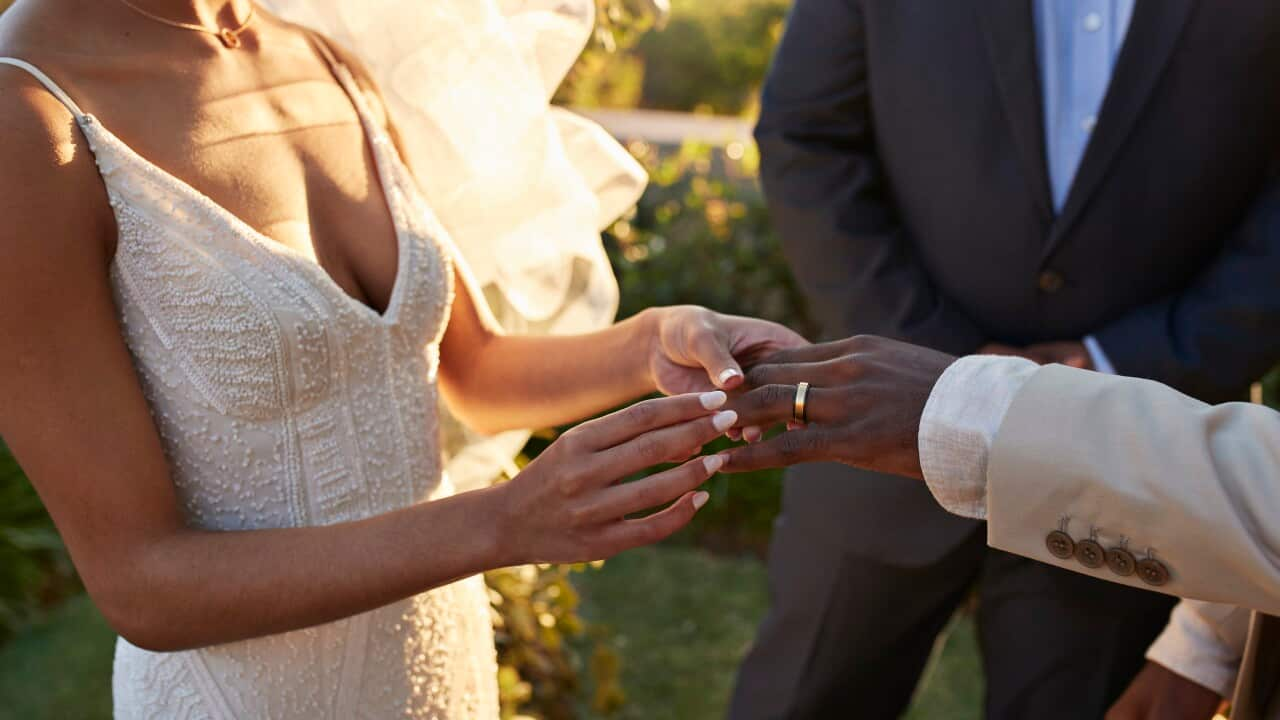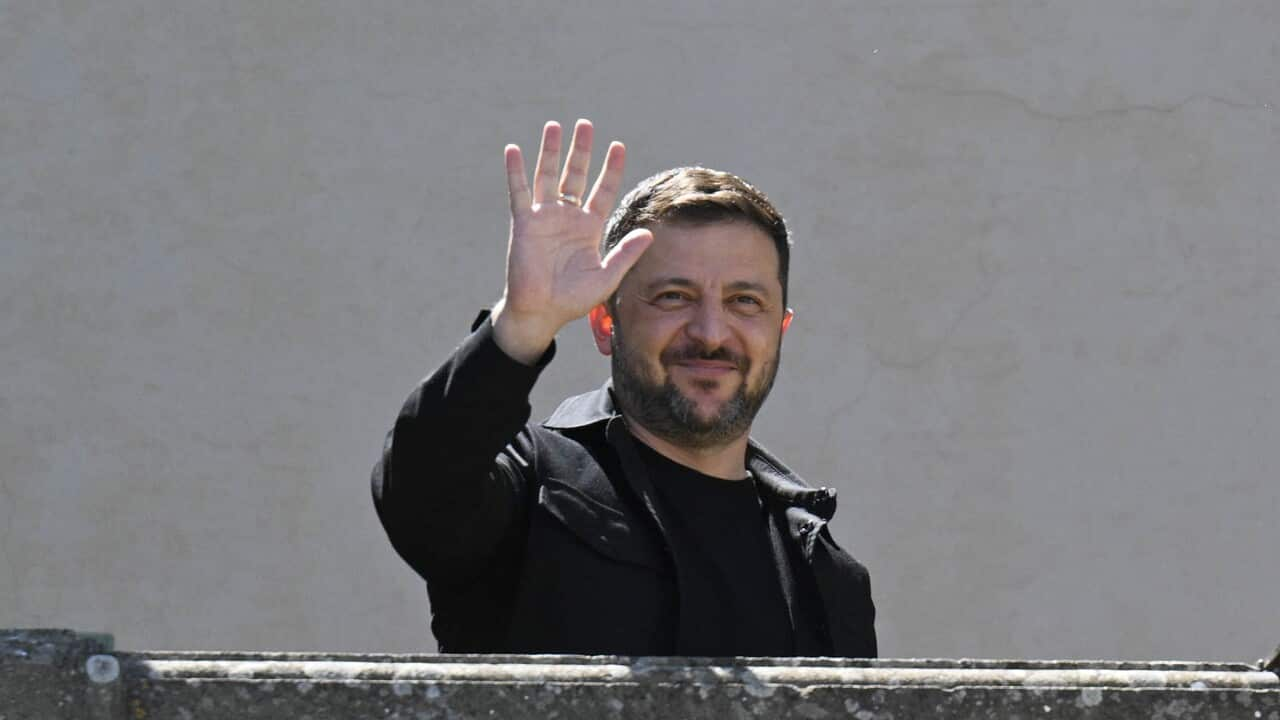When Jeremy Fisher first moved to Sydney, he had to walk past the door of his university's Gay Liberation Club several times before plucking up the courage to go in.
It was 1973 and he was scared of being 'outed' for his sexuality, but brave enough to seek out people like him.
Hailing from the New South Wales northern rivers town of Kyogle, the then 18-year-old was excited for both life in a big city, and the opportunity to meet men.
"Being in Gay Lib and with activist groups, then we'd do things like what we call Zaps, where we'd go on a bus and kiss and cuddle, which provoke various reactions from people. But the point was to try and make ourselves visible and make people realize that we were there. It worked to varying degrees. I mean, we were chased down the street a few times and people were kind of aggressive, but there was just some of the things we were doing."
Despite his excitement and expectations for city life, Fisher says things became darker for him that year.
Recounting his first year of study at Macquarie University, he says his excitement for city life quickly dissipated.
"Things were a little grimmer for me in that I'd been going into the city to different gay bars and stuff, and I'd met a guy there who essentially sexually assaulted me. Well, not essentially, he did. And this left me feeling depressed, thinking that things were wrong. This was not, I shouldn't be living this sort of life. And so I attempted to take my own life in that room. I was found by a cleaner. I got to hospital, and then the master of the college basically said I couldn't come back into the college unless I agreed to be celibate and renounce homosexuality."
That, Fisher says, was not something he was willing to do.
Instead, he formed an unlikely alliance with tradies working on the college's construction site, who voted to protest the treatment by stopping work.
The protest vote led to the first-ever 'pink ban'.
These were a series of work strikes, inspired by the environmental movement's 'Green bans', and led by the labour union in support of gay rights.
"You think of people working on building sites as being fairly ocker, fairly blokey in terms of what their attitudes and everything are. And yet when it was put to them, there's this guy who's been unfairly kicked out of the college just because of his sexuality. They went, well, that's not fair. That's not a good idea. And so they supported it, which was remarkable."
Despite the support, Fisher says the college administration still refused to let him return.
But he's still proud of the fuss they caused.
“So we didn't win in that sense. I didn't get let back into the college, but there was an awful lot of fuss about it at the time in terms of it being the first industrial action in support of gay rights."
Fisher graduated with an education degree and entered a publishing career, for which he won an Order of Australia medal in 2017.
But life became dark again for him in the 80s.
REPORTER 1: "Under Queensland law, homosexuality is classified as deviant sexual behaviour. And that has the state's gay community up in arms."
REPORTER 2: "Sydney's sometimes called the Gay capital of Australia, but anti-homosexual laws are still in force here, long after their repeal in South Australia and Victoria."
At the time, homosexuality was still outlawed in New South Wales, Queensland, Western Australia and Tasmania, and the aids crisis was gripping Australia and the world.
"By 82 then AIDS was happening. And so there were many, many, many friends who were just gone in that sense. And so there was kind of a decade in the eighties when it was very miserable in terms of the fact that so many people were dying. You were going to funerals constantly. You were seeing people who were very sick."
Having lost so many close friends over the years, Fisher counts himself lucky.
He says that if he hadn't been given a second chance, he'd have missed out on what he says is a terrific life.
"I don't feel bad about myself at all, and I don't think people should. And if they are, then they've got to get some help to be able to see that they're worthy just being, and that they don't have to feel that they shouldn't be, because society thinks that there's something wrong with them, or their family thinks it's something wrong with them, or their church thinks it's something wrong with them."
For Sallie Colechin, realising her sexuality came around 50 years ago, when she fell in with a group of feminists.
Growing up in Sydney, the photographer says her teenage years were pretty typical.
In 1975 she attended her first International Women's Day March in Sydney.
It was this, she says, that introduced her to an exciting new world.
"We then went back to Women's house in Sydney and saw a notice about a dinner that night with a bunch of women in Annandale. So we decided to go along to that, and at that dinner heard about Amazon Acres Women's Mountain Farm, and so we thought, oh, we have to go and visit there, which we did in my Mini (Cooper)."
The female-only farm, with its policy of "no men, no meat and no machines", taught Colechin about ideas far more radical than what she knew.
"We drove up to Amazon Acres probably three times that year, and I started to realise that I was attracted to women. Told my first boyfriend that I wanted a break, which wasn't exactly true, but yeah."
After graduating in 1976, Colechin and her first girlfriend joined the organising collective for the fourth National Homosexual Conference in Sydney and the Gay Solidarity Group.
On June 24 1978, the group organised Australia's first Mardi Gras.
They had no idea the day would turn into a riot.
After receiving a letter from a group in San Francisco, who at the time were organising gay rights marches in the United States, the Gay Solidarity Group started making plans.
"And that was to organise the morning march through the streets of Sydney to talk about the fact that we didn't have a right at work to be out and the afternoon talking forum at Paddington Town Hall, where we could have politicians and lawyers talk about the fact that it was still illegal for men to be open about their sexuality. It was still legal for you to be sacked at your work for being out about your sexuality."
In the evening, they planned to have a celebratory dance down the street and encouraged people to join them.
With a little trepidation, the group started walking down Oxford Street and calling for people to come out of the bars and onto the streets - and many did.
Around 1,000 people, queer and allies alike, participated in the parade that day.
Despite having a permit to march, Colechin says police stopped the demonstration, before arresting and beating those involved.
"They didn't have any of their badge numbers on, so they couldn't be identified. And we had a very big concern because in those days, the garbage bins were metal. They were being thrown, people were being pulled from side to side, thrown into paddy wagons. Some people were fabulous and ran back out again. People were being thrown against the walls of the paddy wagon. There was a lot of violence. The police were very aggressive."
53 people were arrested that night.
Many had their names, addresses and professions published by the media over the following days.
Many lost their jobs as a result, while others, heavy with the shame and terror of being outed, took their own lives.
Colechin and a group of others collected money to bail out their friends.
"After watching and witnessing the cacophony of sounds in the cross from those bins, and people being thrown against paddy wagons was absolutely frightening. And then to spend all night, because in those days, no mobile phones, no holes in the wall to take money out. So we had to collect money from people's houses, from kitty money, from rent money to make sure that we could bail everybody out."
Reflecting nearly 50 years later, Colechin says in some ways the experience was "incredibly unifying".
"But because of that riot, we really came together and supported each other for those next few months. It was an incredible period of time, and I feel incredibly proud to have been part of it."
These days, Colechin says she distances herself from the annual Mardi Grad parade.
For her, the sense of community around the event didn't last.
"Certainly my feeling of Mardi Gras in the 2000s has been that it's a little bit too much of a commercial focus for me, a little too much of a party focus. I think that when we had the 20th anniversary, and a lot of people said to us that we brought the politics back into the parade."
For her, it's important people never forget the violence of that night.
"We have the police still treating homosexual men appallingly, and lesbians at times as well. We have them treating Indigenous people inappropriately. So I don't believe the police force as such should march under a police banner in uniform in our Mardi Gras parade."
When Katherine Wolfgramme told her family that she was transitioning into a woman, she says they weren't surprised.
"I always believed I was a girl, even from a very young age, I didn't ever believe that I was male. My brain believed with every fibre of its being that it was a woman."
Born in Fiji in 1972, Wolfgramme moved to Australia with her family when she was two years old.
As a child, she was punished for expressing her true gender identity.
"I tried to tell people when I was a kid, but I was punished for telling people that I was really a girl. So I just knew I had to wait until I was older and no one was really greatly surprised when I transitioned. It was no shock to anyone. I think the big shock came when I blossomed into a pretty girl. I think that's when everyone was sort of surprised because they presume you're not going to be."
At the age of 18, she started to live as Katherine and moved out of home and into a squat in the centre of Melbourne.
In 1990, a trip to Sydney for the annual Sleaze Ball, an elaborate queer party and fundraiser for Mardi Gras, would prove formative for Wolfgramme.
"It was the first time I'd actually seen transgender women eating and dining openly and feeling safe and comfortable to be able to shop and everything else. It was like a haven."
The trip encouraged her to become involved in transgender advocacy and visibility, and she has spent the last 35 years doing just that.
Wolfgramme made history in 1997, as the first transgender person to legally change their name in Fiji, but she says she was motivated partly by love.
"After about five years on hormones, I developed into a beautiful young woman and I landed myself for a very nice eligible man. He was in hedge funds and he swept me off my feet and a very pretty woman sort of a thing. I could have ended up on the streets, but I didn't. I met him and he wanted me to travel with him, but I couldn't travel under a male name because I didn't want to embarrass him mainly. It wasn't about me, it was more about him and my relationship. So I had to go back to Fiji to request a female name."
Deciding to contact the Fijian government to change her identity documents, she first started ringing its embassy in Canberra.
After calling daily, they eventually stopped answering her calls.
She then flew to Fiji, but the government refused to see her, leaving her stuck in a hotel for weeks.
A call to Wolfgramme's uncle in Fiji was a turning point.
Using his own connections, he secured an appointment for her with a government contact, and she was eventually allowed her to change her name.
She says having the support of her Fijian family not only helped her secure a new legal name but has been a great comfort throughout her life.
"Trans is a part of life in most Pacific cultures. It's not encouraged, but it's not treated as if they don't exist."
Wolfgramme says that things like transphobia in Pacific cultures can often be attributed to colonisation.
Despite attempts from some groups to erode the rights of transgender people, she says she's optimistic about the progress made.
"I have watched politics and the pendulum of politics, it swings to the left, it swings to the right and the left. It swings four steps forward and the right swings two steps back, but it never swings four steps back, it swings only two, and then the left swings forward another four, and then the right swings back another two. So we are far better off even today, even with JK Rowling, even with Donald Trump, than we were 20 years ago."
In part two of this two part series, we’ll hear from three more Australians about navigating their sexuality and gender in Australia, and how things have changed in the last few decades.

